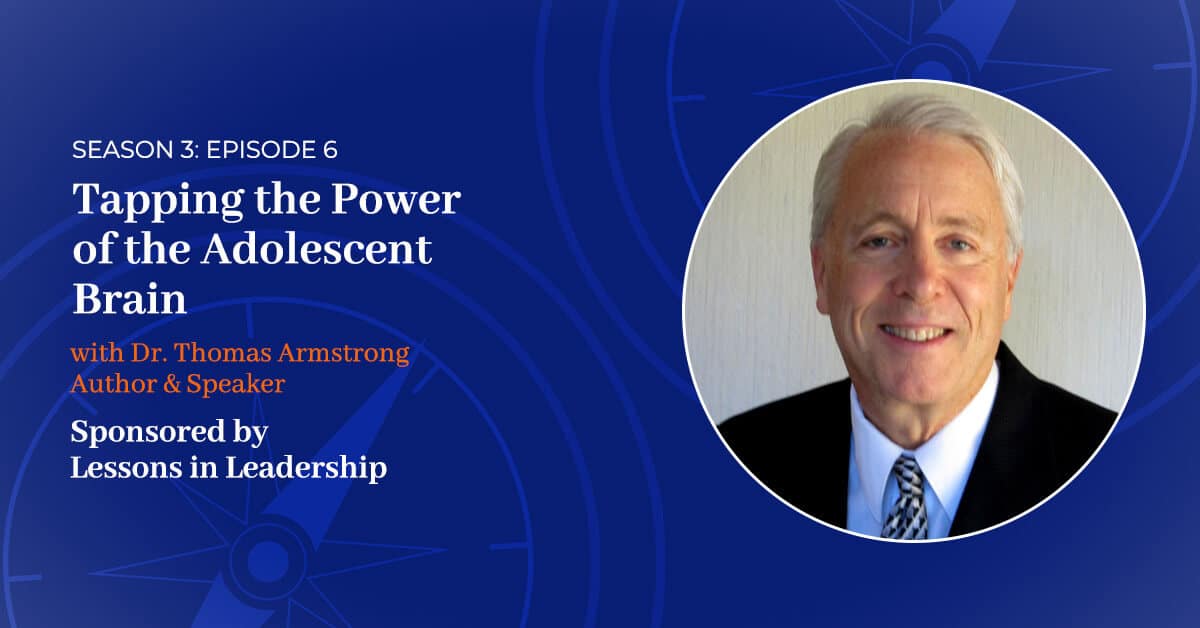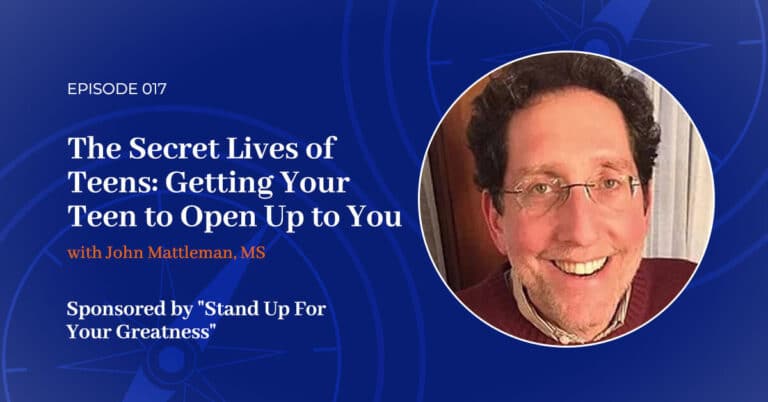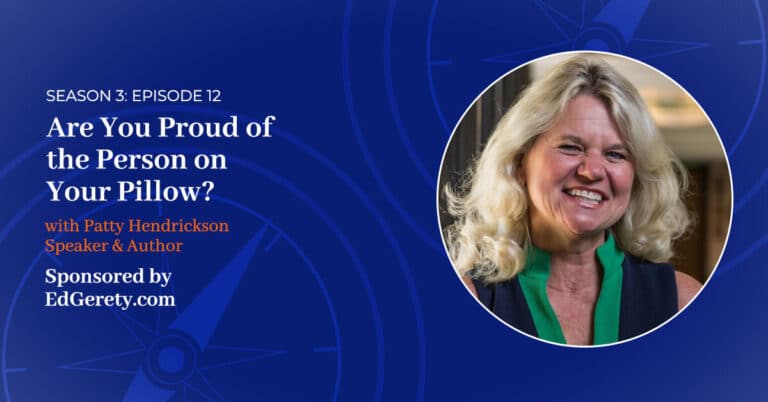Dr. Armstrong explains what makes the adolescent so amazingly powerful and talks about how we can tap its wonders in the middle school and high school level with simple interventions such as bringing emotion into learning, providing students with physical movement as they learn, incorporating real life experiences like internships and apprenticeships, and helping students understand how their brains work.
Thomas Armstrong, Ph.D. is the author of 20 books including his latest, a novel called Childless. His other books include The Power of the Adolescent Brain, Neurodiversity in the Classroom, 7 Kinds of Smart, Multiple Intelligences in the Classroom, and The Human Odyssey. There are over 100 foreign editions of Dr. Armstrong’s books in 30 languages. Dr. Armstrong has given over 1000 keynotes, workshop presentations, and lectures on six continents in 29 countries, and 44 states in the past thirty years. His clients have included Sesame Street, the Bureau of Indian Affairs, the European Council of International Schools, the Republic of Singapore, and several state departments of education. He has written articles for Family Circle and Ladies Home Journal, as well as a column for Parenting Magazine.
Key Takeaways
- “What were they thinking?” A lot of things are going on in the teenage brain that were not going on 2-3-4 years ago.
- It’s amazing that teenagers are as reasonable as they are given the neurological changes and growth happening within the teenage brain.
- The teenage brain can often seem that they have their foot on the gas pedal, but the brakes haven’t been installed yet. They have an insatiable need for new experiences.
- The teenage brain fully develops around the age of 22-23.
- Giving teens the chance to make choices and take responsibility is important for their mental growth.
- Help your teen to self-regulate their emotions. Help them understand what the triggers are and then help them develop their own strategies on what they can do about it.
- Teens are looking for leadership, people who can help them learn things. Be sure that they are learning from people who have their best interest in mind. Help them find mentors in their area of interest so they can have hands on experience.
- The teenage brain is seeking reward. Social media plays a huge role in that need. Parents can tab into rewarding their teen in ways that satisfy that need without giving way to social media.
- We are born as geniuses with the joy and passion to learn. Over time, that can be diminished. As parents we can stop suppressing the things that they love to do. Let them have the experiences that help them decide what they want to move towards.
Resources:
- Website: https://www.institute4learning.com
- Email: thomas@institute4learning.com
- Twitter: @Dr_Armstrong
- Facebook: https://www.facebook.com/drthomasarmstrong
- LinkedIn: https://www.linkedin.com/in/drthomasarmstrong
- YouTube: https://www.youtube.com/user/DrThomasArmstrong
- Goodreads: https://www.goodreads.com/author/show/86936.Thomas_Armstrong




